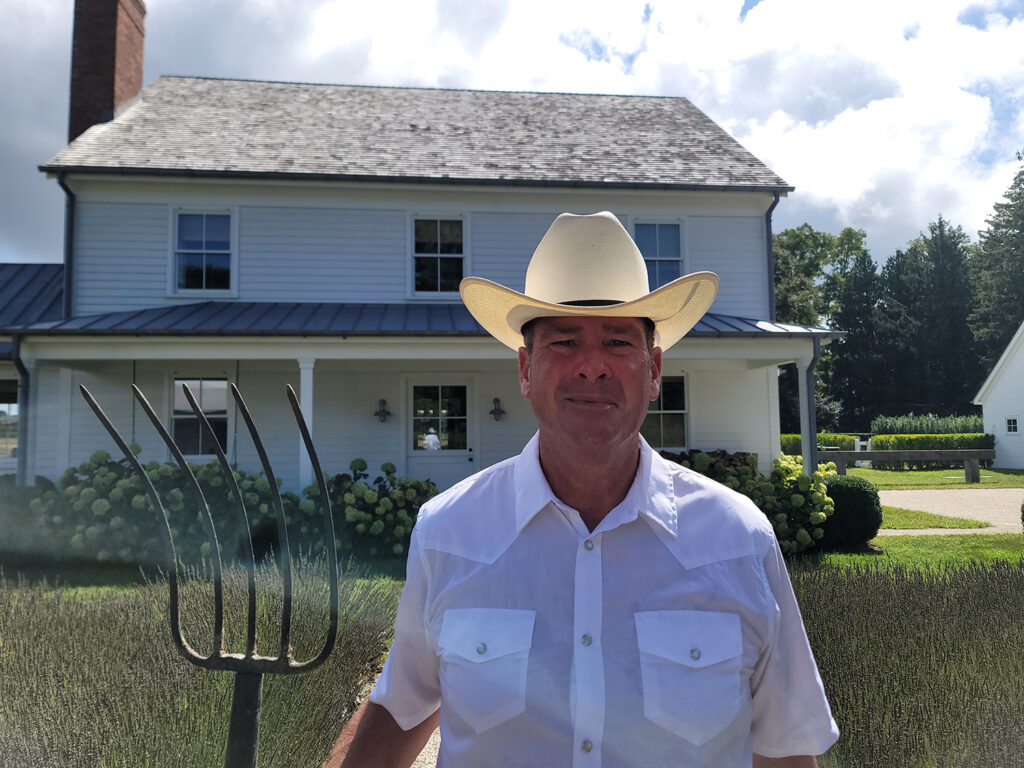Suffolk Closeup: County moves to ban the bag

There could be a vote by the Suffolk County Legislature next week on a bill to ban the distribution of single-use plastic bags county-wide.
Such a prohibition already exists in various towns and villages in Suffolk, including Sag Harbor, Sagaponack, Quogue, Patchogue and both the villages and towns of East Hampton and Southampton, and has been enacted by governments around the country and world.
A ban has been under consideration on Shelter Island.
There was a public hearing on the county measure on March 22 where more than 30 people, including representatives of environmental organizations, urged its passage. Only a handful, including an official of the Food Industry Alliance of New York, spoke against the bill.
Whether the 18-member legislature votes next week on it will largely depend on whether it gets out of committee this week.
The bill is to be considered by the Legislature’s Health Committee on April 7. There is currently a split among legislators.
The bill’s lead sponsor is William Spencer, a physician from Centerport. In introducing the bill last month, he declared that “the public support to end the use of these polluting bags has been on the rise. I’ve heard the frustration about how they end up as unsightly litter on our roadways and in our waterways after being used for all of 12 minutes.” Moreover, he has “heard from business owners who feel” having a “county-wide policy” to reduce the use of such bags “would make sense,” he said. “The time has come to work together and tackle the issue.”
Opposed is Legislator Tom Cilmi of Bay Shore, formerly in the printing business, who said: “While I am as concerned as anyone with our environment and with litter in our communities, the outright ban proposed on so-called single-use plastic bags proposed by Legislator Spencer is wrong on many levels. In the first place, this is a back door tax on business and ultimately on consumers … Second, there is no guarantee that replacement bags will be any less harmful to our environment.”
Legislator Al Krupski, a co-sponsor of the measure and a Cutchogue farmer, said: “Limiting the amount of plastic making its way into our environment and our food chain is important and prohibiting the use of plastic carry-out bags is a great start. It’s a step numerous communities across the nation have already undertaken.”
The bill itself powerfully describes the impacts of plastic bags. It declares that “most plastic bags do not biodegrade,” that “over time the bags break down into smaller, more toxic petro-polymers which eventually contaminate soils and waterways.”
Plastic bags, the bill says, now account “for over 10 percent of debris that washes up on United States coastlines.” And “plastic bags can have a devastating effect on wildlife; birds can become entangled in the bags and different species of sea life can die from ingesting plastic bags which they mistake for food.” Further, “plastic bags are made from polyethylene, a thermoplastic made from oil. Accordingly, reducing the use of plastic bags will decrease our dependence on foreign oil.”
As to a claim about recycling pushed by the plastics industry, the bill states that “less than 1 percent of plastic bags are recycled, in part due to the fact that it costs more to recycle a bag than to produce a new one.”
The measure provides several exemptions. It would only apply to bags that are less than 2.25 mils thick, which it describes as “carryout” bags. It would not apply to thicker plastic bags or “a garment bag … used to transport clothing from a clothing retailer or garment cleaner such as a dry cleaner” or “a bag provided by a pharmacy to carry prescription drugs.”
Also, it would only take effect a year after being approved, during which there would be an educational program. “We want to ensure customers and retailers will have a successful transition and are fully aware of the alternatives,” Dr. Spencer said. “The campaign will also highlight the pivotal role the public will play in reversing the detrimental effects these plastic bags have had on our planet.”
Among the environmental organizations seeking passage of the measure is Citizens Campaign for the Environment. Its executive director, Adrienne Esposito, cites a survey of Suffolk residents which it conducted, that found widespread support.
“The time has come to simply ban them and practice BYOB—Bring Your Own Bag,” she added.
I live in Southampton Town where since last year there’s been a ban on single-use plastic bags, and it works fine. The adjustment is small. And the stakes — cutting back on this enormous form of toxic debris — are high. Then Southampton Town Supervisor Anna Throne-Holst emphasized, when the town passed its law, that this should be a regional effort.
That time has now come. Earth Day is April 22. This bill’s passage would be a good way for Suffolk to celebrate.








